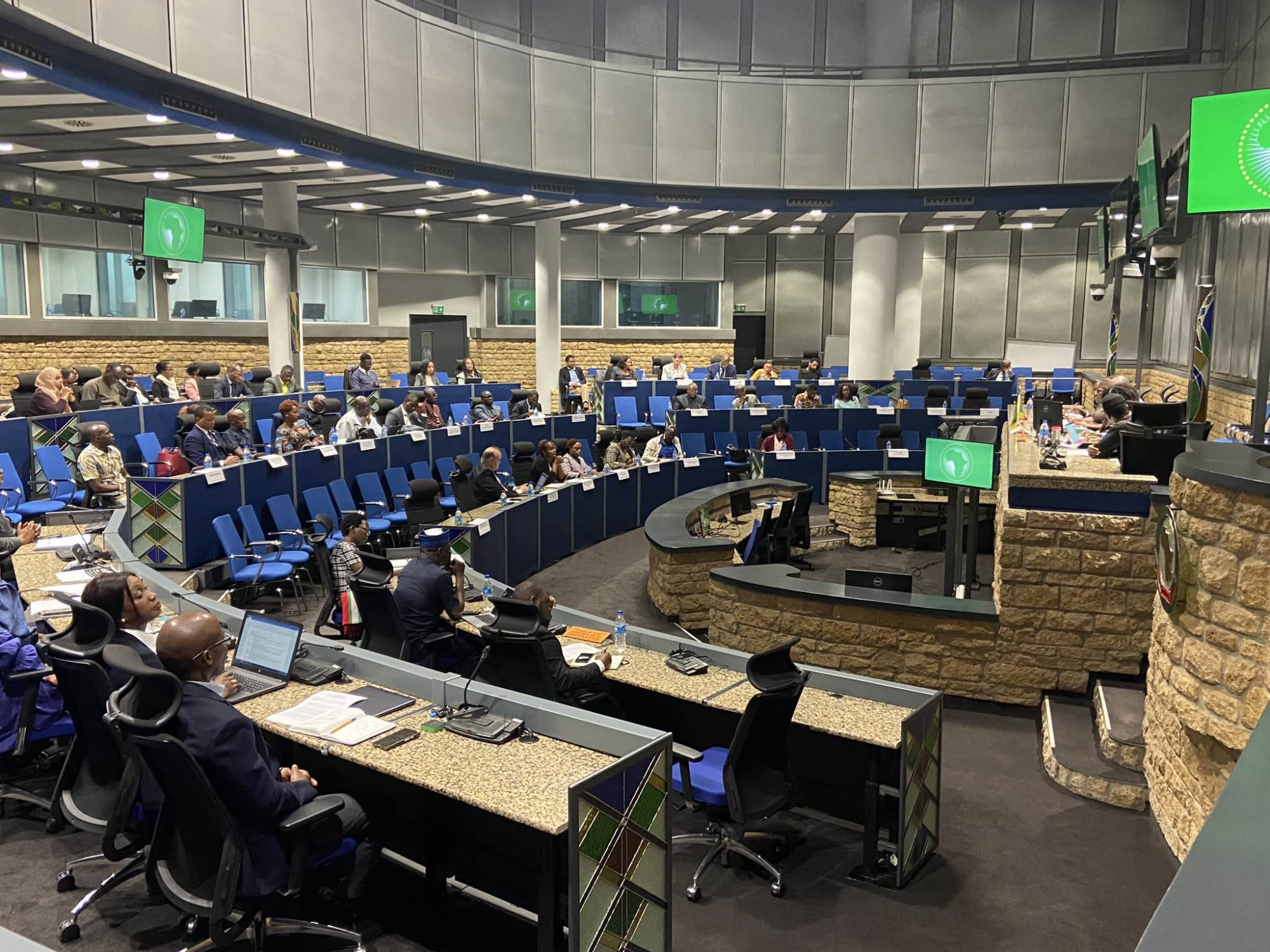Policy & Government Relations

The Policy & Government Relations (PGR) team engages governments and international institutions to pursue policy changes that advance peace and freedom. The PGR team seeks more robust policy frameworks to address the root causes of exploitation and conflict, informed by and developed in partnership with communities with lived experience.
The PGR team is part of the Public Engagement portfolio, which works to create an enabling environment around the three core conditions identified in HU’s organizational strategy—agency, accountable and responsive institutions, and recognition of shared humanity. Our strategic priorities are divided into three areas: influencing institutions, advancing policy priorities, and providing program and portfolio support internally.
At Humanity United, we recognize the obligation of governments to ensure that human rights are respected, protected, and fulfilled. As a U.S.-based organization, we work with policymakers and governments at national and international levels to become more accountable and responsive to the people most impacted by human exploitation and violent conflict. We believe our greatest opportunity to influence change is through deep, sustained relationships with policymakers, civil society organizations, expansive networks, diverse coalitions, and survivors impacted by conflict and exploitation.
The PGR team deploys a mix of advocacy strategies directly and through grantmaking, including leveraging HU’s communications channels, convening partners, building coalition and advocacy capacity, commissioning research, strengthening networks, providing flexible long-term funding, and creating sustained relationships with policymakers.
RETURN TO PUBLIC ENGAGEMENT PAGE